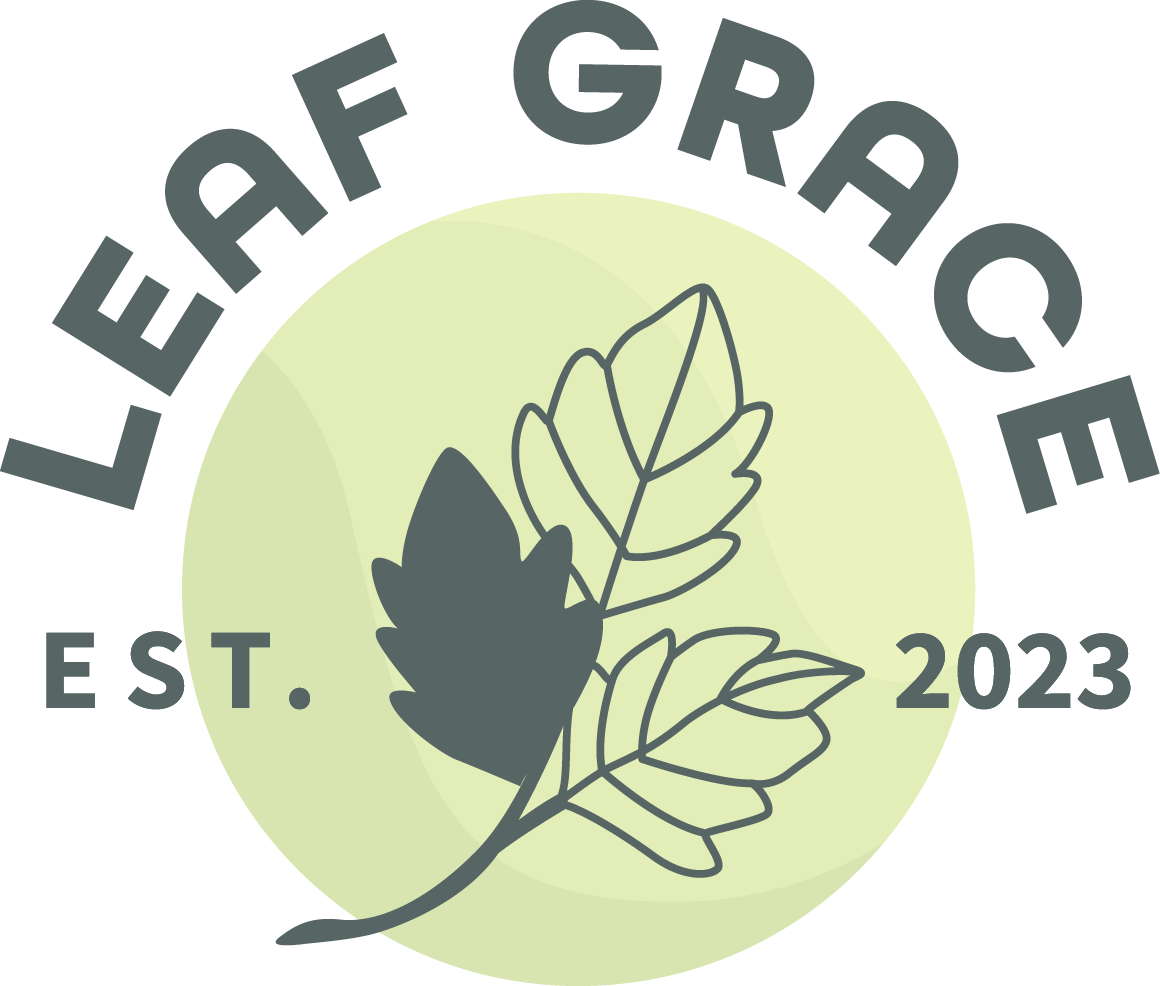Why Choose Pet-Friendly Outdoor Plants?
Pet-friendly outdoor plants are an excellent choice for creating a safe and beautiful garden that both you and your pets can enjoy. These plants not only enhance the aesthetic appeal of your garden but also ensure that your pets can explore and play without any risk.
- Benefits of Creating a Pet-Friendly Outdoor Space: A pet-friendly garden allows your pets to explore and play freely without the risk of encountering harmful plants. It also provides a peaceful retreat for you, where you can relax and enjoy the beauty of nature alongside your pets.
- Importance of Choosing Safe Plants for Pets: Some common garden plants can be toxic to pets if ingested. By selecting non-toxic, pet-friendly plants, you eliminate the risk of poisoning and ensure a safe environment for your pets.
- Avoiding Toxic Plants: It’s essential to avoid plants that are harmful to pets. The ASPCA provides a comprehensive list of toxic plants to help you make informed decisions when designing your garden.
Top 6 Pet-Friendly Outdoor Plants
1. Lavender (Lavandula spp.)
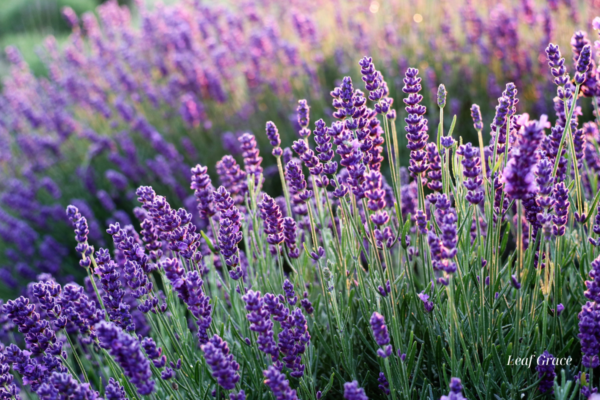
- Benefits: Lavender is not only beautiful and fragrant but also non-toxic to pets. It can help repel insects and has calming properties.
- Care Tips: Plant in well-drained soil and ensure it gets plenty of sunlight.
2. Marigolds (Tagetes spp.)
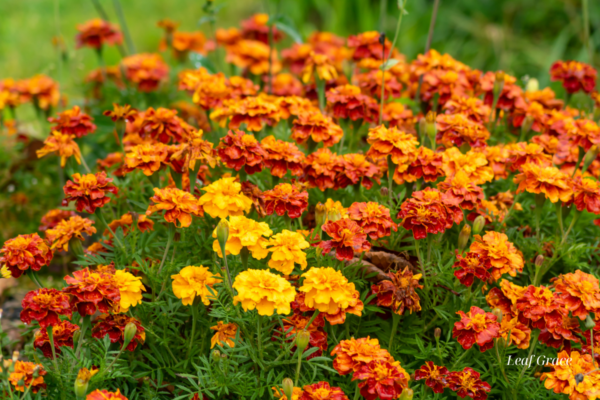
- Benefits: Marigolds are vibrant and easy to grow. They are safe for pets and can help deter pests.
- Care Tips: Marigolds thrive in sunny locations and require regular watering.
3. Roses (Rosa spp.)
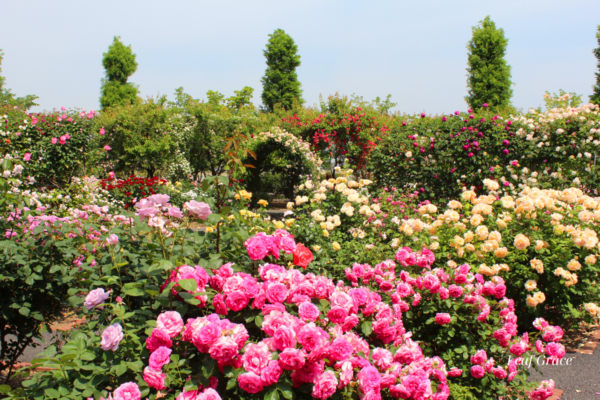
- Benefits: Roses add classic beauty to any garden and are non-toxic to pets. Their fragrant blooms can attract pollinators.
- Care Tips: Plant in well-drained soil with plenty of sunlight and water regularly.
4. Sunflowers (Helianthus annuus)
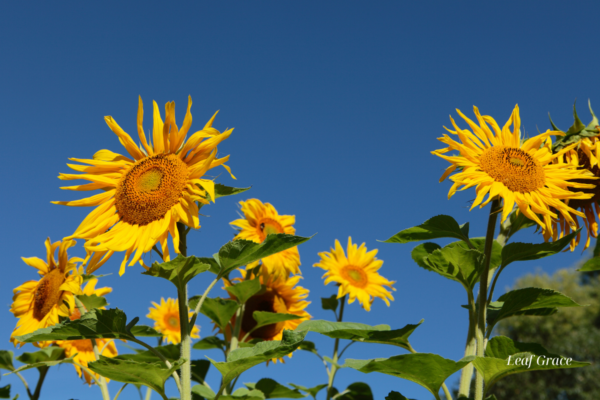
- Benefits: Sunflowers are cheerful and non-toxic to pets. They can also attract birds and pollinators to your garden.
- Care Tips: Sunflowers need full sun and should be planted in well-drained soil.
5. Pansies (Viola x wittrockiana)
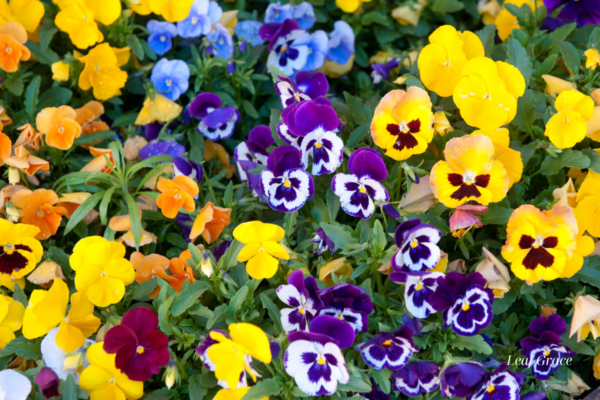
- Benefits: Pansies are colorful and pet-safe, adding a pop of color to your garden throughout the year.
- Care Tips: Pansies prefer cooler weather and partial shade, with regular watering.
6. Petunias (Petunia x hybrida)
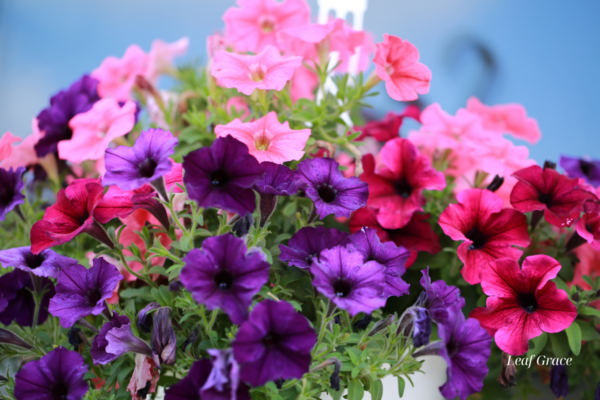
- Benefits: Petunias are versatile, easy to care for, and non-toxic to pets. They offer a wide range of colors.
- Care Tips: Plant in well-drained soil with full sun exposure and water moderately.
Designing Your Pet-Friendly Garden
Creating a pet-friendly garden involves thoughtful planning to ensure it meets the needs of both you and your pets. Here are some tips to get started:
- Choosing the Right Plants: Select plants that are suitable for your climate and soil conditions. Opt for pet-friendly varieties to ensure a safe environment.
- Creating Designated Play Areas: Allocate specific areas for your pets to play and explore. This can include grassy patches, pathways, and shaded spots.
- Incorporating Pet-Friendly Features: Consider adding features like water fountains, shade structures, and pet-friendly mulch to make the garden more enjoyable for your pets.
- Avoiding Harmful Plants and Materials: Steer clear of toxic plants and materials that can pose a hazard to your pets. Research and plan accordingly.
Maintaining Your Pet-Friendly Garden
Keeping your pet-friendly garden thriving requires regular maintenance. Here’s how to keep it in top shape:
- Watering and Fertilizing Needs: Ensure your plants receive the right amount of water and nutrients. Adjust watering schedules based on the season and plant type.
- Regular Weeding and Pest Control: Keep weeds at bay and use pet-safe pest control methods to protect your plants.
- Addressing Potential Hazards: Regularly check for and remove any harmful plants or sharp objects that could injure your pets.
Conclusion
Creating a pet-friendly outdoor space is a rewarding way to enjoy nature while ensuring the safety of your pets. With the right selection of non-toxic, beautiful plants, you can design a garden that is both functional and aesthetically pleasing. Explore the world of pet-friendly outdoor plants and transform your backyard into a paradise for you and your furry companions.
FAQs
What are the most common poisonous plants for pets outdoors? Common poisonous plants for pets include azaleas, lilies, oleander, and sago palm. Always check the ASPCA’s list of toxic plants to ensure your garden is safe.
How can I design a pet-friendly garden that is both beautiful and functional? Designing a pet-friendly garden involves selecting non-toxic plants, creating designated play areas, and incorporating features like water fountains and shaded spots. Use pet-safe materials and avoid sharp objects.
Are there any pet-friendly plants that also attract pollinators? Yes, plants like lavender, sunflowers, and herbs (basil, rosemary, thyme) are pet-friendly and attract pollinators such as bees and butterflies.
Where can I find more information about pet-friendly outdoor plants and gardening? For more information, visit websites like the ASPCA for lists of non-toxic plants, gardening blogs for tips and advice, and local nurseries for expert recommendations.
“There are no gardening mistakes, only experiments.” – Janet Kilburn Phillips
Final Thoughts
Creating a harmonious garden for both you and your pets is a delightful and fulfilling experience. With careful planning and the right selection of pet-friendly outdoor plants, you can design a safe and beautiful space that everyone can enjoy. By incorporating elements that cater to the needs of your pets, such as designated play areas and pet-safe features, you ensure that your garden becomes a favorite retreat for both you and your furry companions. Remember, the key to a successful pet-friendly garden is choosing non-toxic plants and maintaining the space with regular care and attention. Happy gardening!
